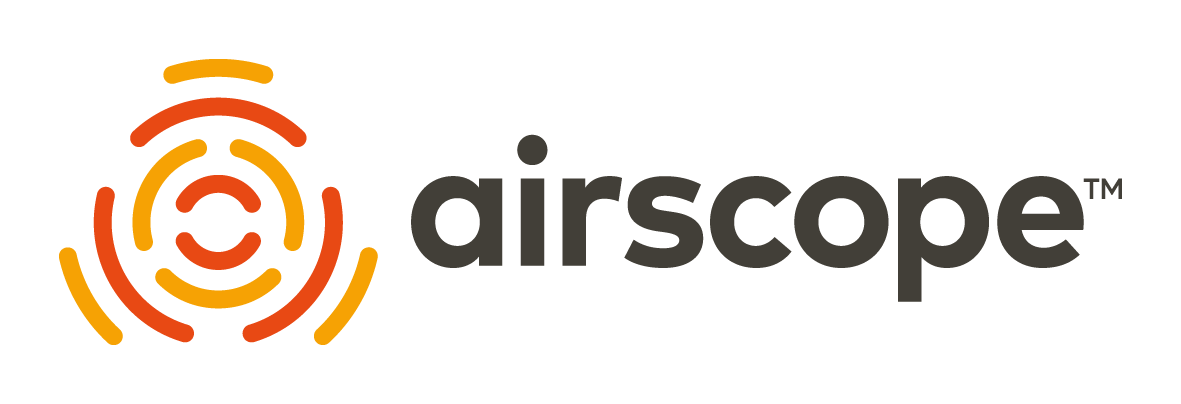How Data-Driven Organisations Lead the Way in the Digital Economy
The Airscope team recently attended the AVEVA Day Perth event, where we learned from experts and networked with industry thought leaders. One topic that stood out to us was the importance of a data-driven organisation. As companies increasingly digitize their operations, they gain a competitive edge in five key areas: value chains, products, assets, processes and workers. In this article, we will explore how data-driven organisations excel in each of these areas and what benefits they reap.
-
Traditionally, value chains have been linear - raw materials are turned into finished products, which are sold to customers. But in a data-driven organisation, value chains become digital nervous systems. Data flows through the organisation, connecting every part of the business and allowing for real-time insights and decision-making. This enables businesses to be more agile and responsive to changing market conditions. According to a report by PwC, data-driven value chains can reduce operational costs by up to 25% and can increase customer loyalty by 30%.
-
Products are no longer just physical objects. They are now information streams, with sensors and other connected devices providing real-time data on everything from usage patterns to maintenance needs. This data creates new opportunities and value for customers, such as personalisation, customisation and recommendations. A study by Harvard Business Review found that data-driven products can generate up to 50% more revenue than traditional products by creating new sources of value.
-
Physical assets are being transformed into information appliances. They are equipped with data analytics and machine learning capabilities enabling them to monitor their own health, performance, and predict failures before they occur. This enhances their efficiency and reliability, reducing unplanned downtime and extending asset life. One example of a data-driven asset is AVEVA’s Predictive Asset Analytics solution, which uses advanced analytics and machine learning to monitor asset health and predict failures before they occur. This can reduce unplanned downtime by up to 40% and extend asset life by up to 20%.
-
Work processes are becoming closed loops. Data is collected at every stage of the process, from input to output, and used to measure and improve quality and productivity. Data-driven processes enable continuous improvement and optimization, eliminating waste and errors. According to a survey by MIT Sloan Management Review, data-driven processes can improve quality by up to 26% and productivity by up to 21%.
-
Work processes are becoming closed loops. Data is collected at every stage of the process, from input to output, and used to measure and improve quality and productivity. Data-driven processes enable continuous improvement and optimization, eliminating waste and errors. According to a survey by MIT Sloan Management Review, data-driven processes can improve quality by up to 26% and productivity by up to 21%.
Data-driven organisations are leading the way in the digital economy. They are transforming their value chains, products, assets, processes and workers with data. They are reaping the benefits of increased customer acquisition, retention and profitability. They are driving innovation and creating value for their customers.
Airscope helps data-driven organisations achieve their goals by providing reality capture services. Reality capture is the process of creating digital copies of physical objects and environments using various techniques such as scanning, photogrammetry, and LiDAR. Reality capture enables data-driven organisations to:
Visualise their assets in 3D and access them from anywhere
Analyse their assets for defects, anomalies, and changes
Optimise their assets for performance, maintenance, and safety
Integrate their assets with other data sources and systems
Airscope is a leader in asset digitisation, with a vision of bringing your assets from the field into the boardroom1. Airscope has passed the ISO accreditation for its reality capture services, demonstrating its commitment to quality, reliability, and consistency23. Airscope uses multiple capture techniques to create engineering grade 3D digital copies of as-built large-scale infrastructure.
Are you ready to become a data-driven organisation? Contact us today to find out how we can help you achieve your digital transformation goals.
